'We couldn't have been the only ones'
- Published
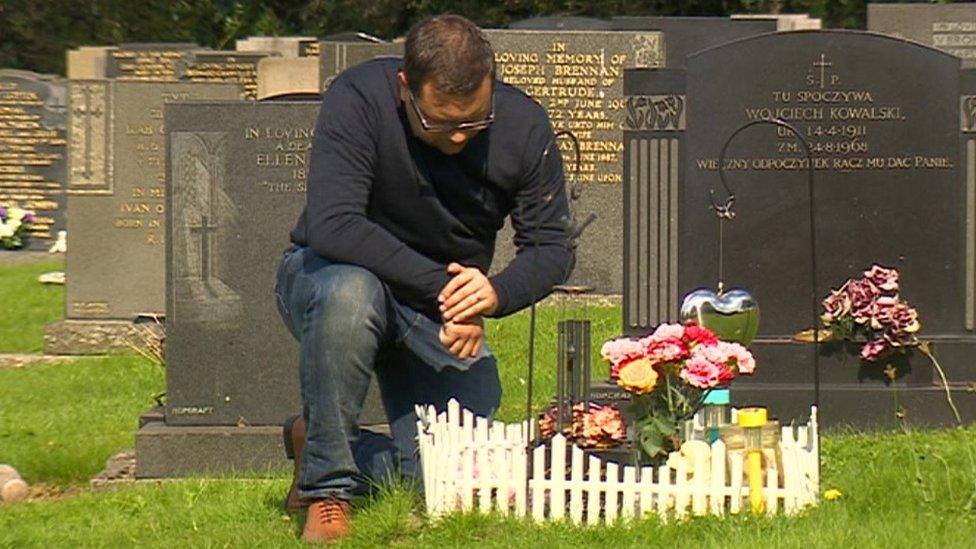
BBC reporter Nick Southall said what happened to his family helped bring out what happened to others
Bereaved families will gather later to remember children whose ashes were never returned to them. But their experiences may never have come to light were it not for a reporter's connection to the story.
During his two-year investigation, BBC Radio Shropshire's Nick Southall found Shrewsbury's Emstrey Crematorium did not return the ashes of any children under the age of one between 1996 and 2012.
It had a deeply personal resonance for Nick, as his family had gone though the same experience years earlier when he lost a sister.

Nick's story
It started in March 1978. My mum and dad had a baby daughter, Marianne, and she was stillborn at 28 weeks.
When it came to organising what would happen afterwards, the hospital believed the best thing to do was to take the baby away and to look after after the cremation.
Mum and dad weren't really consulted, and it was 12 months until they tried to find out where Marianne was.
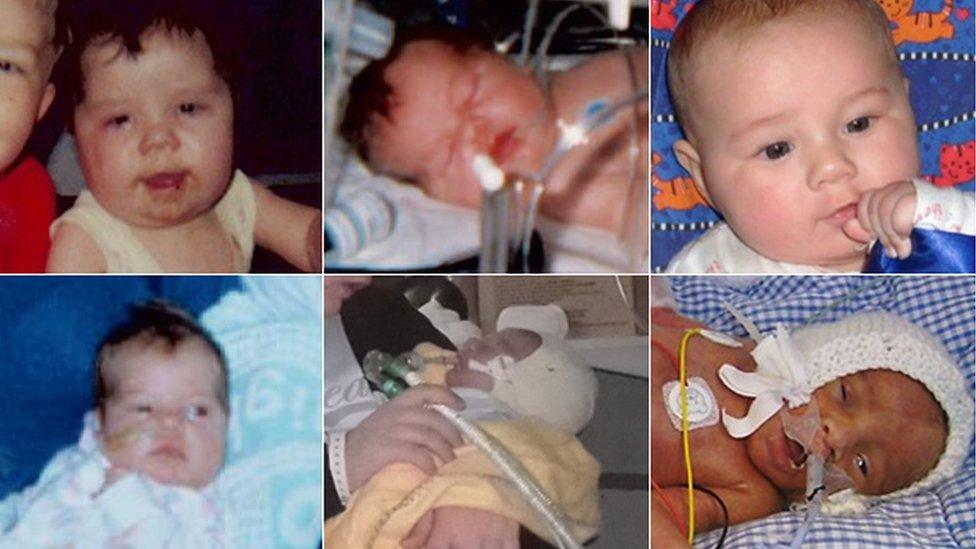
Some of the babies whose ashes were not returned to their families by Emstrey Crematorium in Shrewsbury
The local church and crematorium told them there was a plot where ashes were strewn.
Mum and dad were led up a steep hill at Bushbury Crematorium, in Wolverhampton, to a spot without a plaque to show them where my sister was.
From that point of view, there's never been closure because that's not the way they wanted to do it.
We were satisfied to the extent that we had somewhere to go, but how Marianne's ashes ended up where they did has always been a mystery and something that has eaten away at my parents and my brother ever since.
We lost mum in 2011.
The family was spending more time at the crematorium and I think it made me realise what happened to Marianne wasn't right - we couldn't be the only ones.
I decided to look into whether other families were coming back to try to find their child's grave after a long period of time.
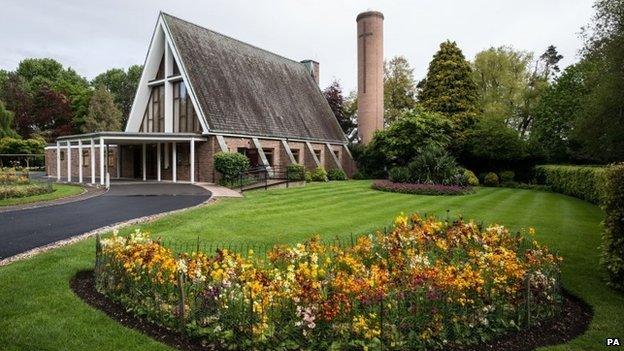
Shrewsbury's Emstrey Crematorium did not return the ashes of any children under the age of one between 1996 and 2012
That's really where it started with submitting Freedom of Information requests to councils in Shropshire to get a bigger picture.
The difficulty is, I've been asking families to tell me their stories and looking into cases, and yet it hasn't been a comfortable experience for me and my family to really look into what happened to Marianne.
I think what happened to us has helped bring out other people's experiences.
The investigation took two years overall, it was a confusing picture of what is and isn't possible with remains.
I looked into the discrepancies, spoke to people in the industry and built up a picture.
If it wasn't for what happened to my sister Marianne, then maybe these questions may have never been asked.
Now we've had hundreds of families from across the UK asking similar questions, and in some cases they were reunited with their child's ashes after 10 years.
So, I just hope what's happened to my family has has acted as a way of highlighting the problem but will also mean this will never happen again.
Watch more on Inside Out West Midlands on BBC One Monday 14 September at 19:30 BST.
- Published8 July 2015
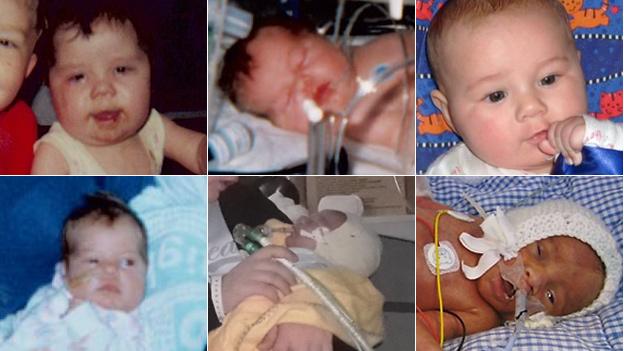
- Published2 July 2015

- Published1 June 2015
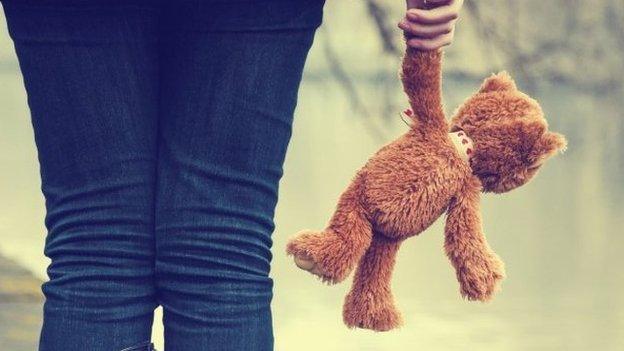
- Published1 June 2015
